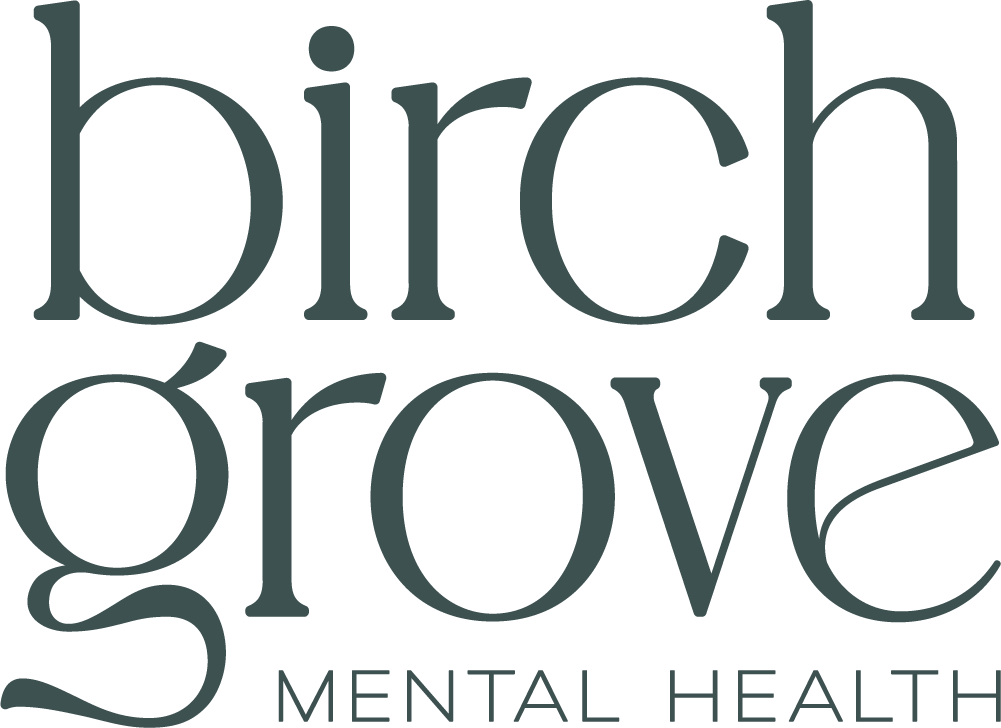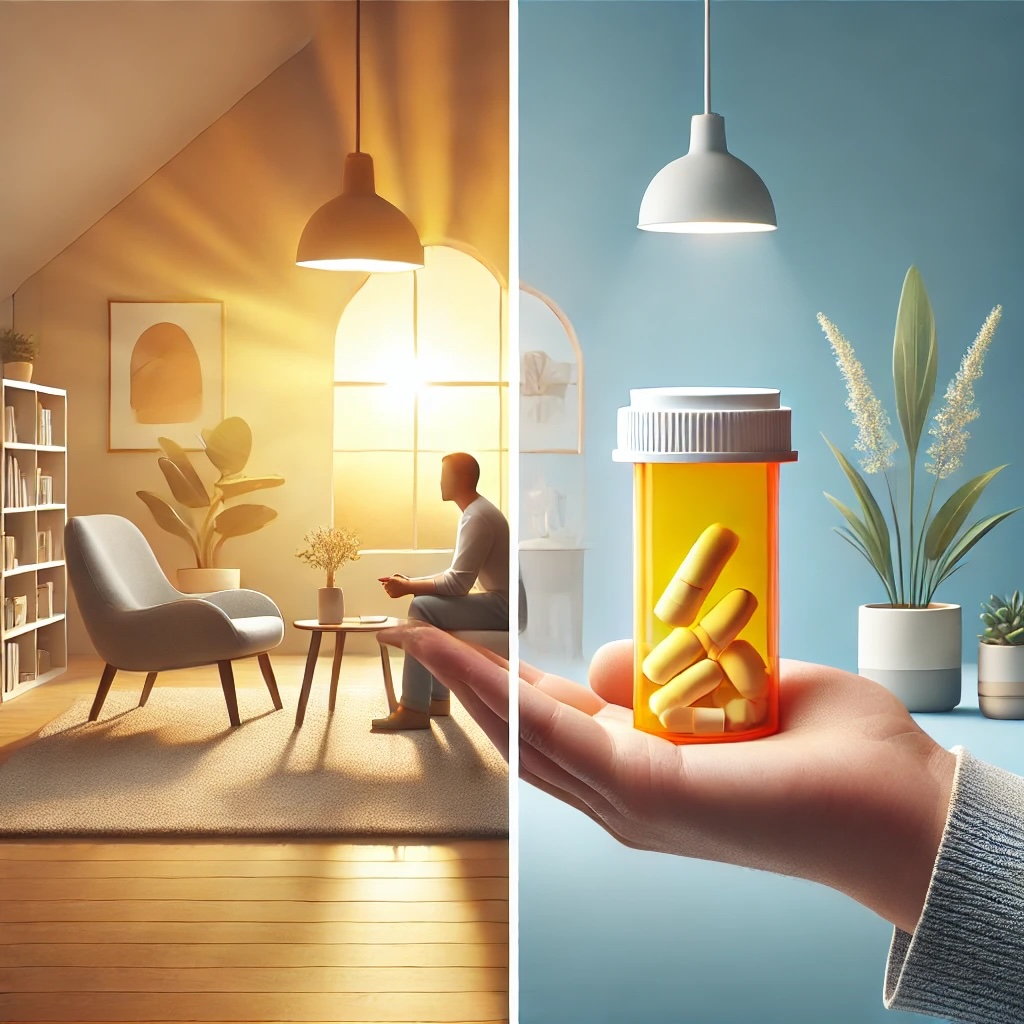Depression affects millions of people worldwide, significantly impacting their quality of life. When seeking treatment, one of the most common questions people ask is whether they should choose therapy, medication, or a combination of both. Each approach has its benefits and considerations, and the right choice often depends on the individual’s unique circumstances. Let’s dive deeper into these options to help you make an informed decision.
Antidepressant Medications
Antidepressant medications work by altering brain chemistry to improve mood and emotional well-being. These medications are particularly effective for individuals experiencing moderate to severe depression. They can help relieve symptoms such as persistent sadness, fatigue, and difficulty concentrating, allowing individuals to regain functionality in their daily lives.
However, medications are not without drawbacks. Some individuals may experience side effects like nausea, weight gain, or sleep disturbances. Additionally, finding the most effective medication and dosage often requires trial and error, which can be frustrating. While medications can provide significant symptom relief, they typically need to be taken consistently, and the benefits may diminish if the medication is discontinued.
Cognitive Therapy
Cognitive therapy (CT), a form of psychotherapy, focuses on identifying and modifying negative thought patterns and behaviors that contribute to depression. Unlike medications, CT equips individuals with tools to manage their symptoms and develop healthier coping mechanisms.
Research shows that CT is as effective as antidepressants in treating moderate to severe depression. A major advantage of CT is its long-lasting effects. Even after therapy ends, many individuals continue to benefit from the skills they’ve learned, reducing the risk of future depressive episodes. CT also avoids the physical side effects associated with medications, making it a preferred choice for some individuals.
Combining Therapy and Medication
For some individuals, combining therapy and medication may offer the best results. Studies suggest that this approach can be more effective than either treatment alone, particularly for preventing relapse. While medications address the biological aspects of depression, therapy helps individuals address the psychological and behavioral factors. Together, these treatments can provide comprehensive care and long-term benefits.
Personalized Treatment Plans
The choice between therapy, medication, or both should be tailored to the individual. Factors such as the severity of depression, personal preferences, access to healthcare resources, and potential side effects should all be considered. For instance, someone with mild to moderate depression might benefit from therapy alone, while someone with severe symptoms may require medication to stabilize their condition before engaging in therapy.
It’s also essential to consult with a mental health professional. They can assess your needs and recommend a treatment plan that aligns with your goals and circumstances. Remember, there’s no one-size-fits-all approach to treating depression, and what works for one person might not work for another.
Final Thoughts
Both therapy and medication are valuable tools in the fight against depression. Whether you choose one, the other, or both, the most important step is seeking help. Taking that first step can lead to significant improvements in your mental health and overall well-being. We can help you fight depression at Birch Grove Mental Health.
Sources
- DeRubeis, R. J., et al. (2005). The efficacy of cognitive therapy vs medications in treating moderate to severe depression. Archives of General Psychiatry. Access here
- Hollon, S. D., et al. (2006). Cognitive therapy and medication: Comparative analysis of outcomes. Psychiatric Times. Access here
- Psych Central. Depression treatment: Psychotherapy, medication, or both? Access here

